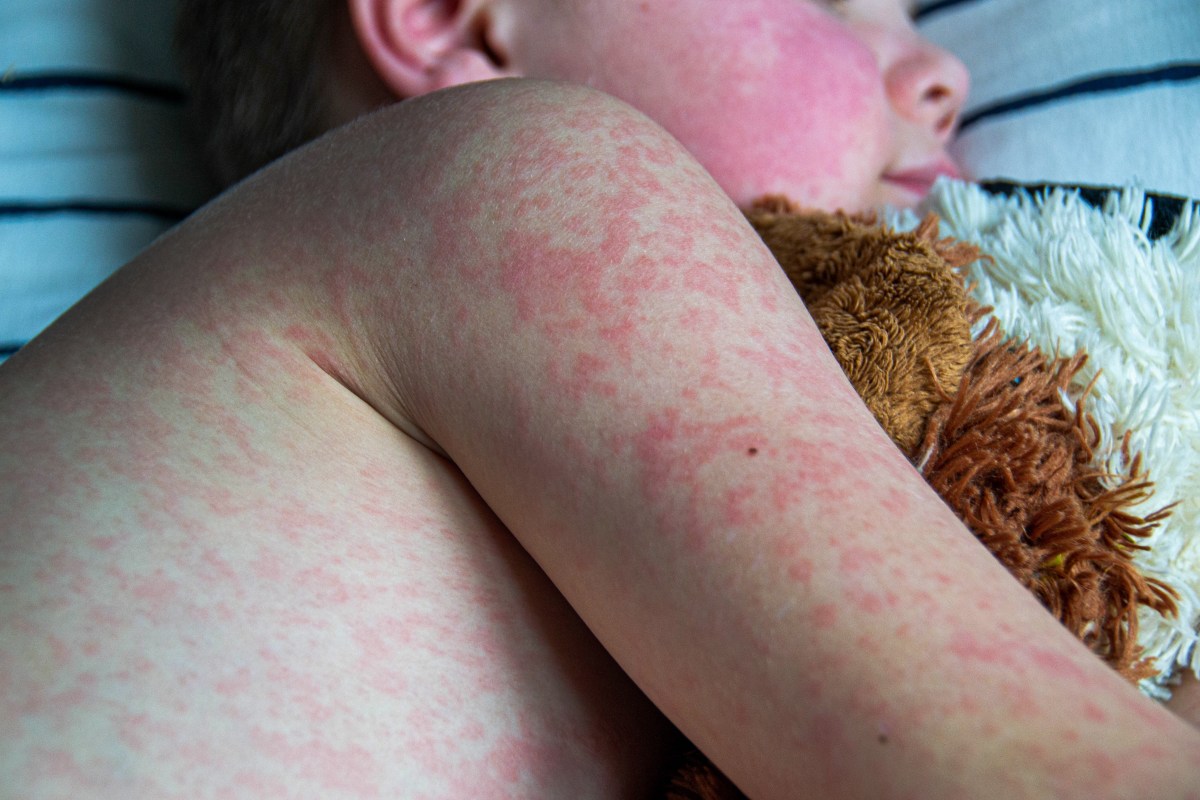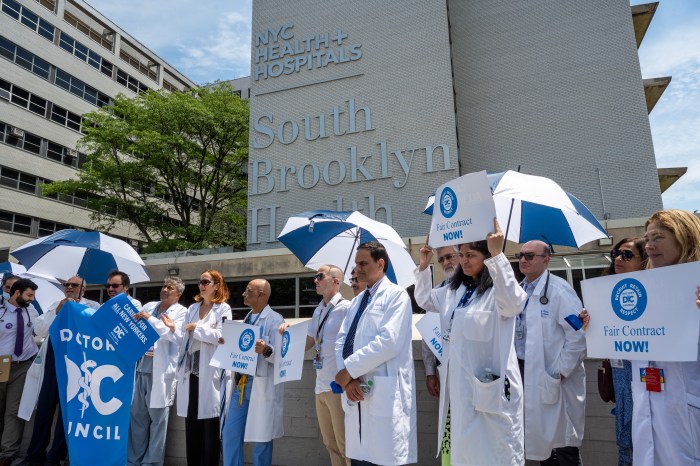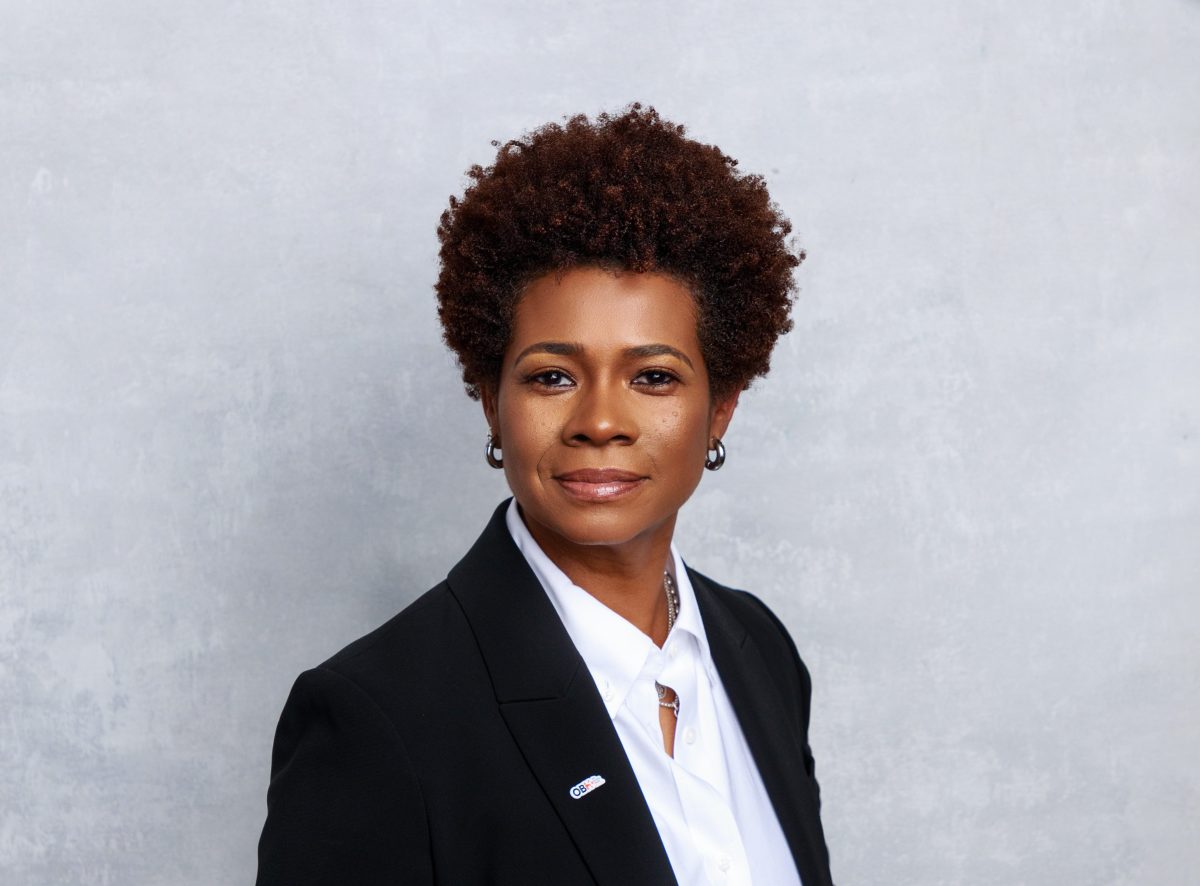Maimonides Health surgeons performed the borough’s first shoulder replacement surgery using new technology that creates individualized, computer-generated prostheses, allowing doctors to map out a patient’s personal shoulder anatomy to make a customized implant.
According to a Maimonides spokesperson, the innovative procedure allows doctors to preserve bones in the patient’s shoulder, which would normally need to be shaved for surgeons to have a flat surface for the prosthetic implants.
Dr. Ramin Sadeghpour, a shoulder and upper extremity surgeon, completed the cutting-edge operation in September at the Maimonides Bone and Joint Center, marking Brooklyn’s first successful surgery using the new tech.
“Before this new technique, surgeons would need to put a flat implant on a curved structure, the shoulder socket,” Sadeghpour said in a release issued on Jan. 18. “In order to make that match you have to shave the socket flat, and you remove bone from the shoulder, which is beneficial to keep in case the patient needs a future surgery or other procedure to address their condition. The custom implant fits exactly to the patient’s shoulder and allows the surgeon to precisely match preoperative planning with intra-operative implant placement.”
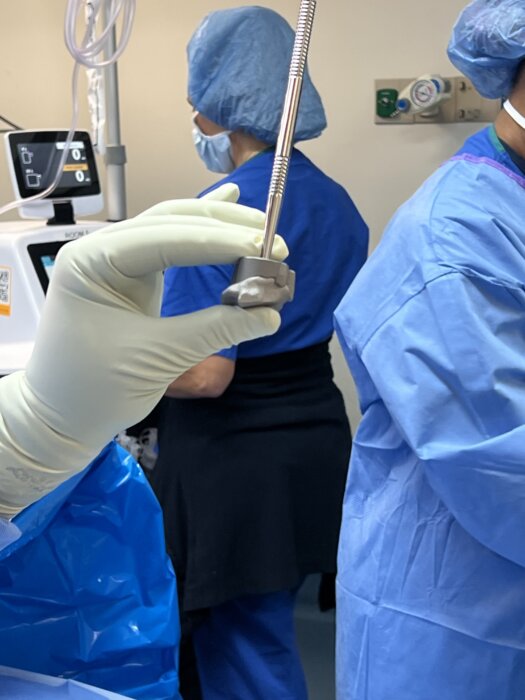
To get an accurate prosthesis, doctors take a CT scan of the patient and upload that scan to a computer which generates a custom implant using 3D printing. The implant is then sterilized and sent directly to the operating room, where an orthopedic surgeon places it without the need to remove any bone from the shoulder.
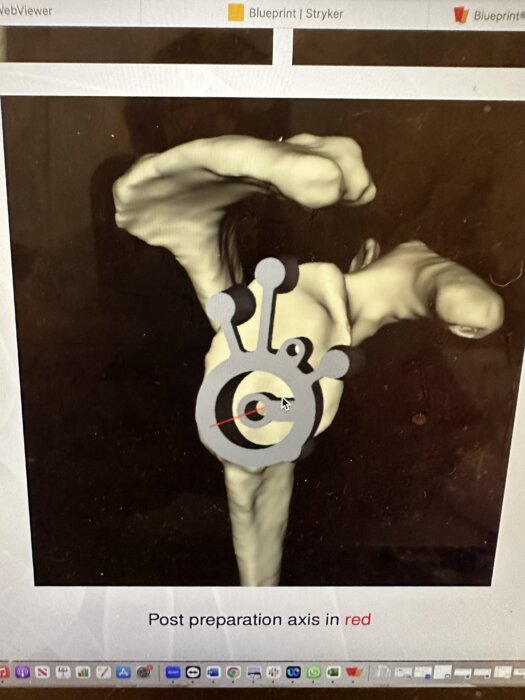
Doctors at Maimonides said the print streamlines the procedure, which allows patients to spend less time in the operating room. Along with its history-making surgery in September, the team at Maimonides was also among one of the first in the nation to perform shoulder replacement surgery using advanced mixed-reality virtual technology.
The Maimonides healthcare system is Brooklyn’s largest, serving over 350,000 patients each year through its three hospitals and over 80 community-based services and outpatient centers.
















